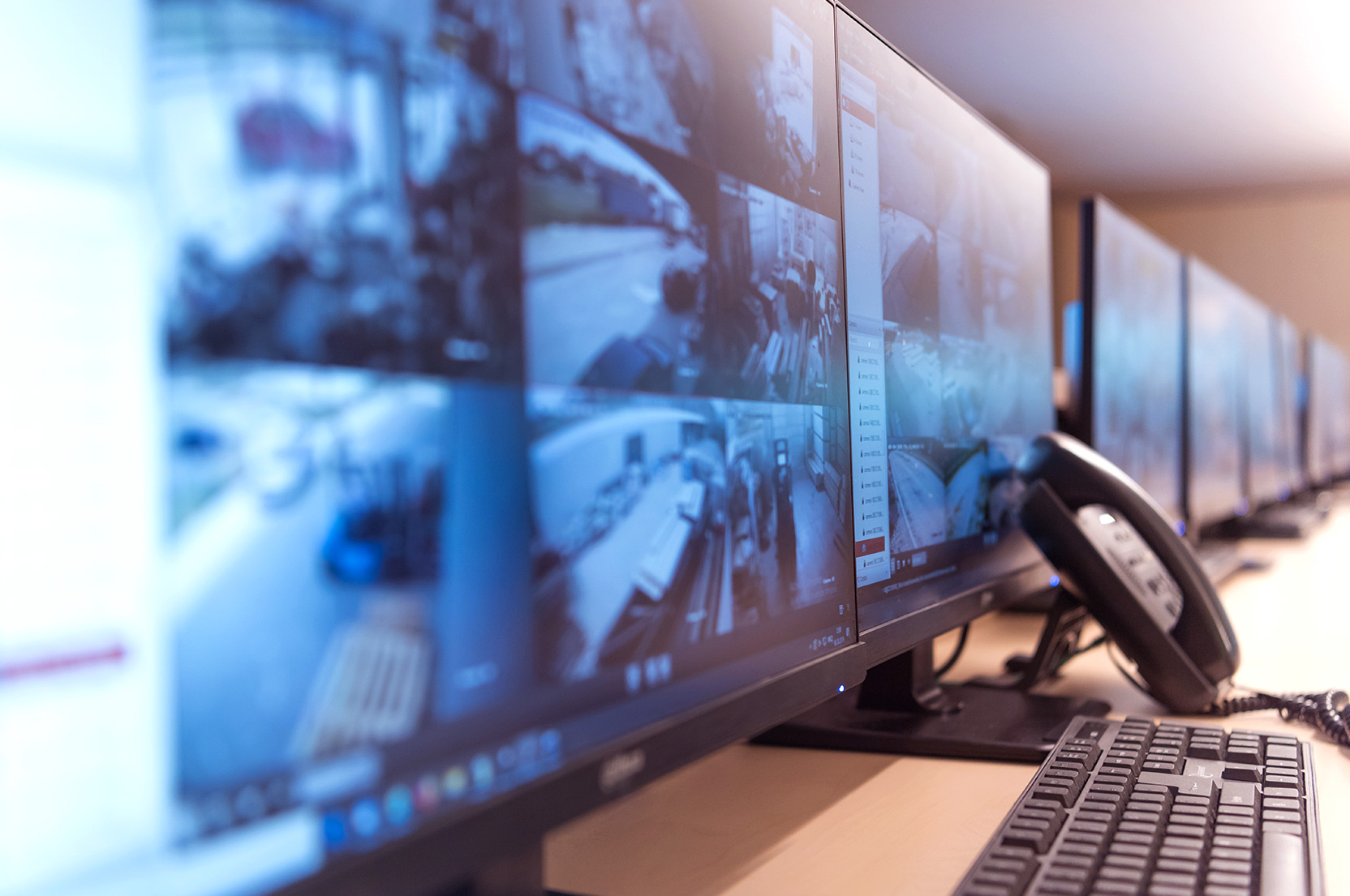Reducing the risk with CCTV

A recent survey* among SMEs revealed 92.5% had CCTV systems installed in their premises. With crime levels remaining a top security concern for business in 2023, we look at whether it’s a good idea to have security cameras installed on your business premises.
Crime against businesses can take many forms, ranging from shoplifting and staff theft through to burglary from premises. It's estimated there are nearly 70 crimes an hour committed against businesses, with around 58% of business crimes remaining unsolved.
The most recent figures from the government estimates that 38% of wholesale and retail businesses in England and Wales were the victim of crime between April 2020 and March 2021, with the most common type of crime being theft (27%) and burglary (10%).
CCTV systems can be very effective in deterring crime and detecting intruders and fire, helping to prevent theft, provide evidence, improve staff safety and improve the customer experience. But is a CCTV security system right for your business and how do you go about getting one installed?
In some ways, it depends on the nature of your business: where it’s located; whether you store products overnight; whether you have products on display, as in retail premises; whether you have high value items; whether you keep cash on the premises. There are all kinds of variables that can make your business more attractive to burglars and vulnerable to crime. However, crime and fire risk can affect any business and a CCTV system will certainly help improve security and safety.
Here are some of the issues you need to consider:
- Privacy laws
For some businesses, CCTV camera coverage is company policy, as part of your duty of care towards your customers, and could be a requirement of your insurance provider. Legally, your system must comply with UK GDPR laws and you should always respect other people’s right to privacy, which means not installing cameras in staff restrooms, changing rooms, or overlooking neighbouring property.
- DIY?
For your system to comply with insurance requirements, it must conform to the National Security Inspectorate (NSI) code of practice for design, installation and maintenance. It can be a complex area, which is why, although you may be able to fit a CCTV system yourself, it may save time and effort to use a registered, NSI-approved CCTV installer.
- Costs
The cost of your system depends on its complexity: the type and number of cameras you have fitted and whether you require remote viewing. Increasingly, businesses are utilising their CCTV systems to gather data analytics and intelligence, such as customer behaviour and peak traffic times, giving added value to the system.
- Surveillance or CCTV
Some businesses choose to use CCTV footage only for evidence or identification purposes, while others prefer to have their live feed remotely monitored. This is known as surveillance and is more usually found in larger, public places, such as a shopping centre or event venue. In the event of an incident, a warning can be issued or mobile patrol dispatched.
Talk to NLIG
Having a CCTV system installed increases your levels of safety and security and helps to reduce your risk profile. With less risk, you may find it helps to keep your insurance premiums lower. The best policy is always to try and avoid an incident happening in the first place, and CCTV could be very effective in helping to protect your premises against crime or mishap.
We are always happy to discuss the benefits of CCTV and how it could benefit your business in terms of reduced risk and potentially lower premiums. To discuss your business insurance, and whether CCTV is an appropriate consideration, please call NLIG on 01992 703300, or email insurance@nlig.co.uk

